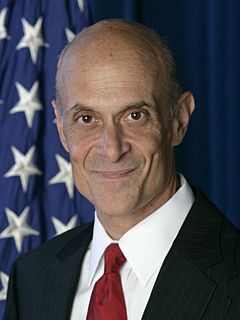A Quote by Emir Kusturica
That is a Medieval way of drawing history, in which they do not respect the law and want the rest of the world to respect the law. That's not possible.
Related Quotes
No society can exist if respect for the law does not to some extent prevail; but the surest way to have the laws respected is to make them respectable. When law and morality are in contradiction, the citizen finds himself in the cruel dilemma of either losing his moral sense or of losing respect for the law, two evils of which one is as great as the other, and between which it is difficult to choose.
There's no definition of blasphemy in this law. Then this only protects the one religion, whether we agree or not. I as a Christian believe we don't need any law to protect Jesus Christ because the law cannot protect the respect of Jesus Christ. The heart and mind are the ones that can protect and give respect to Christ.
Thus, if there exists a law which sanctions slavery or monopoly, oppression or robbery, in any form whatever, it must not even be mentioned. For how can it be mentioned without damaging the respect which it inspires? Still further, morality and political economy must be taught from the point of view of this law; from the supposition that it must be a just law merely because it is a law. Another effect of this tragic perversion of the law is that it gives an exaggerated importance to political passions and conflicts, and to politics in general.
We don't really have the ability to enforce the law with respect to illegal work in this country in a way that's truly effective...We haven't been able to require every employer to enter a system in which they check the work status of their employees and determine whether they're legal, and without that, we don't really have the ability to enforce the law with respect to illegal work in this country in a way that's truly effective. And that would be the single greatest additional weapon we could use if we're serious about tackling this problem.
Third, and finally, the educated citizen has an obligation to uphold the law. This is the obligation of every citizen in a free and peaceful society--but the educated citizen has a special responsibility by the virtue of his greater understanding. For whether he has ever studied history or current events, ethics or civics, the rules of a profession or the tools of a trade, he knows that only a respect for the law makes it possible for free men to dwell together in peace and progress.





































